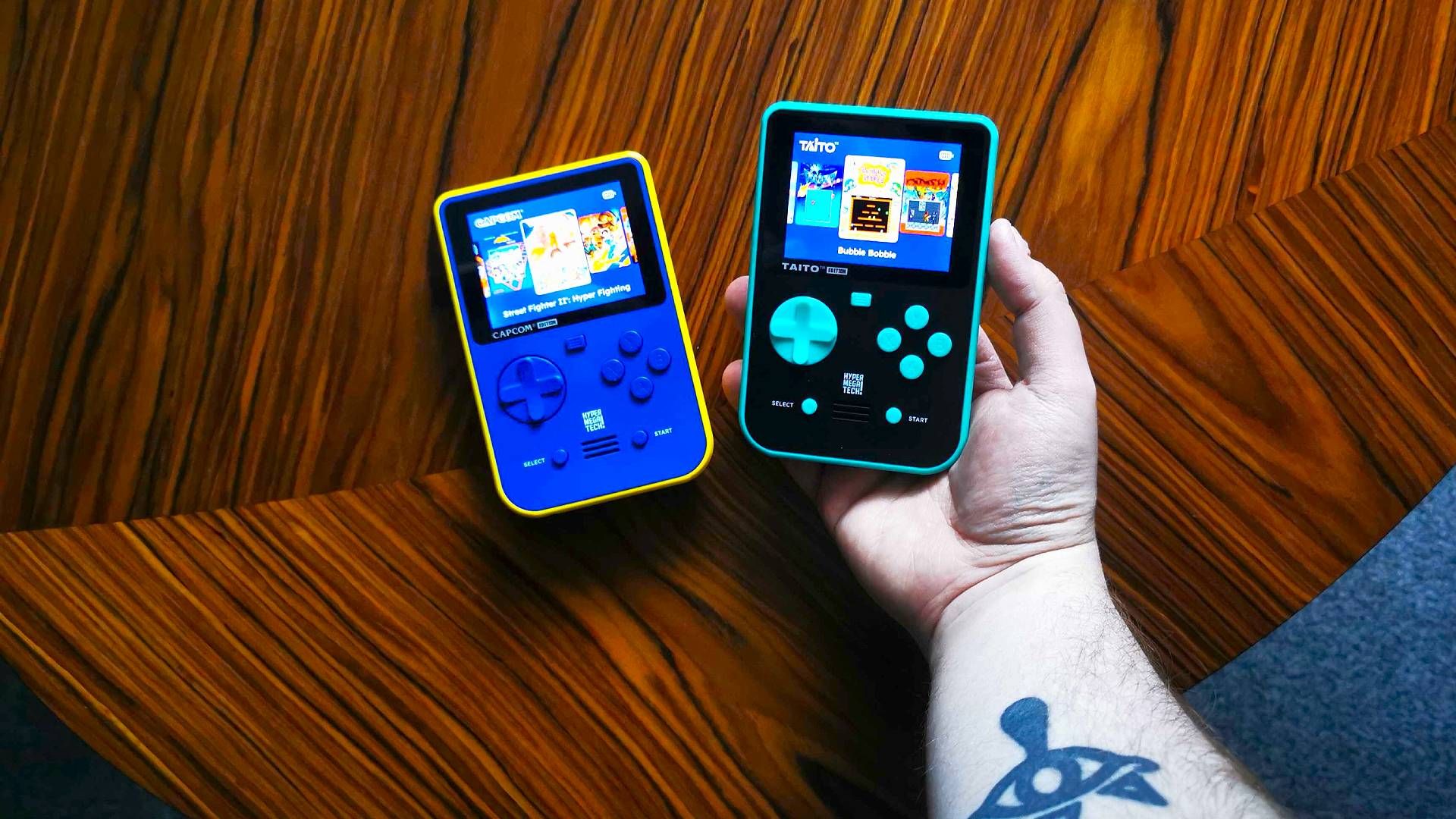Instant games shine because they fit between moments – a coffee line, halftime, a train stop. That speed disappears when a login nags, codes go missing, or a device stalls mid-screen. Clean access is not magic. It is a small routine that makes sign-ins predictable without turning phones into science projects. The playbook below keeps things practical and friendly to real life.
Start Clean – The Path That Avoids Friction
Login comfort begins before the keyboard. Open the instant hub through pari game login and resist detours from reposted links or pop-ups that reframe the session. Treat the flow like a two-step dance – first, identify, then confirm. Keep the browser focused on a single tab so autofill does not argue with itself. When the screen appears calm and the form speaks plainly, the thumbs follow a rhythm that results in a successful first attempt.
A clean start prevents the classic loop where a device asks twice for the same detail or a code lands in the wrong inbox. It also sets the tone for the rest of the session. Calm in, calm out.
One-Minute Device Prep That Prevents Stalls
Tiny frictions cause most “why won’t it log in” moments. A quick setup removes them before they appear.
- Keyboard sanity – disable smart quotes and heavy autocorrect for password fields so invisible swaps do not corrupt entries.
- Clock on automatic – token checks rely on accurate time; even slight drift breaks codes.
- Essential cookies allowed – sessions need a place to live. Blocking all cookies forces re-entry.
- Notification quiet mode – silence floating banners for a short window. Overlays steal taps.
- Single profile for play – a dedicated browser profile keeps the right email and reduces mixed-account hiccups.
Design A Routine That Works In Busy Rooms
Good access survives shared couches, cafes, and a cousin asking for the phone mid-flow. Set a short window for play, then guard it with simple boundaries. Keep the device in portrait, so elements stay where muscle memory expects. Adjust the brightness to a steady level to prevent eye strain from a dim screen. Place the phone so that your elbows can anchor against the body – stability reduces mis-taps during the final confirm.
Passwords deserve calm. Longer phrases beat clever tricks – three short words with a symbol read well and resist guesses. A manager stores the phrase once and fills it later without drama. Two-step verification belongs to muscle memory, too. App codes travel better than texts when the SIM changes or coverage dips. Backup codes on paper feel old-school and still win when a device is lost. None of this is about paranoia. It is convenient to keep the game close and hassle far away.
Shared devices need a quiet rule. Sign out when the session ends. Untick “remember me” on a friend’s phone. If the device supports guest or personal profiles, keep entertainment inside that space so photos and contacts stay off-limits. On family tablets, require the passcode at app open. One extra tap buys a lot of privacy.
When Something Breaks – Fast Fixes That Work
Stuck buttons, missing codes, and “try again” screens happen to everyone. The fastest way back is boring by design. Refresh the page in a new tab and paste the address rather than trusting a half-loaded state. If the button remains unresponsive, try clearing site data for the specific domain rather than wiping the entire browser. Toggle the network off and on to avoid half-switched connections that strand requests midflight.
Codes that never arrive often sit in filters built to help on other days. Check promotions and spam immediately. On SMS, confirm the device is not filtering unknown senders. Request a resend only after the visible timer finishes – repeated taps cancel earlier codes and extend the wait. If an authenticator app is in play and codes fail, the system clock almost always needs a nudge back to automatic. Out-of-sync time creates perfect-looking numbers that never pass.
Lockouts protect accounts after too many misses. Accept the cooldown. Use the official reset flow from the sign-in page and complete it in one calm run. Generate a new, long phrase, save it, and then sign out of all sessions from the security area to prevent old tokens from conflicting with the new password. Names for devices matter here – human labels like “Aviator – Priya – Pixel” turn a scary list into a quick decision about which handset to revoke.
End On Purpose, Start Faster Next Time
Reliable access is a habit, not a hope. Close the session when the play window ends – by choice, not by force. Clear any stray tabs to ensure the next visit opens to the correct form. If an update changes the order of prompts or the feel of a button, mentally note it and plan a small adjustment for tomorrow. Keep the routine light enough to repeat on busy days and steady enough to survive loud ones. When login feels like a single deep breath rather than a hurdle race, instant games return to their best self – quick, tidy, and ready the moment the day gives a spare minute.

